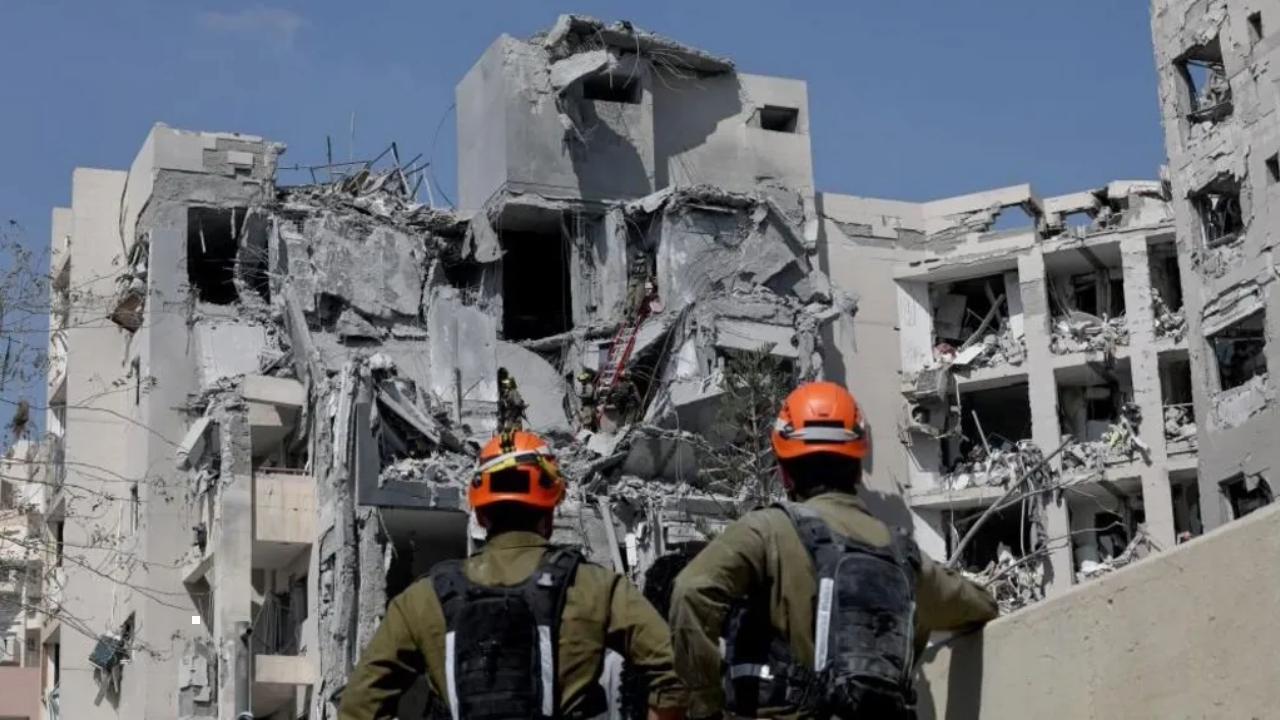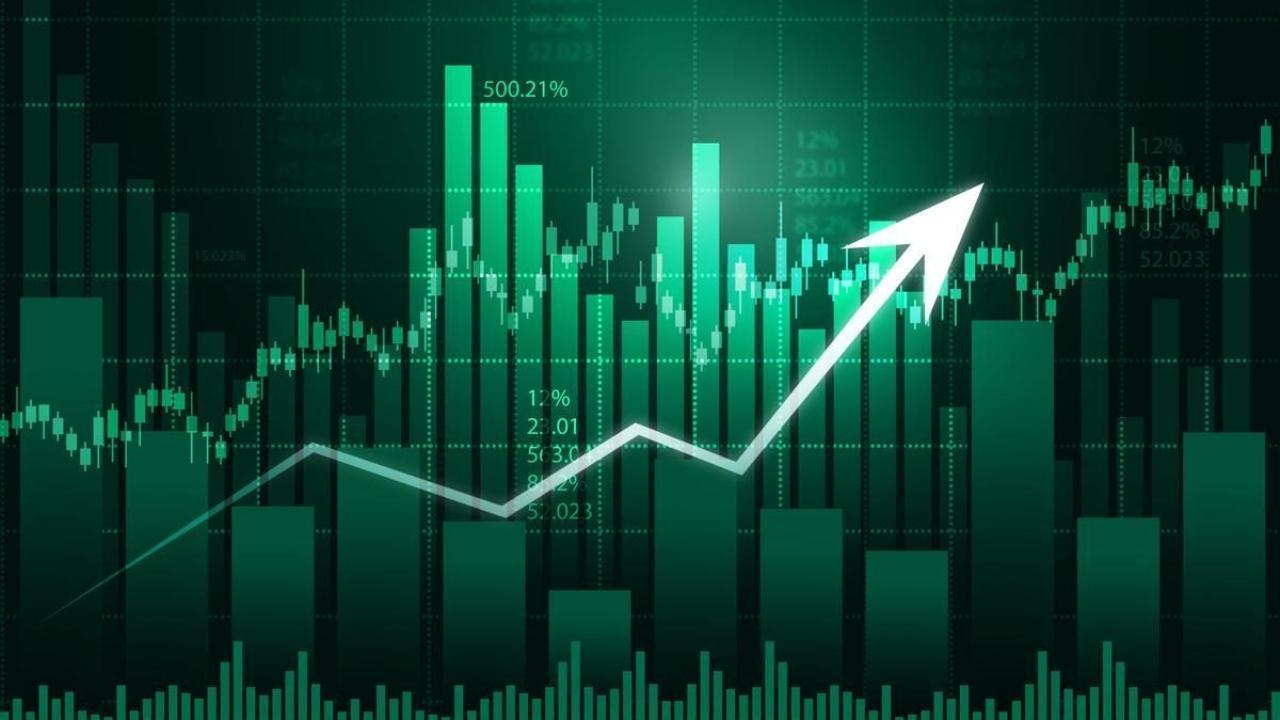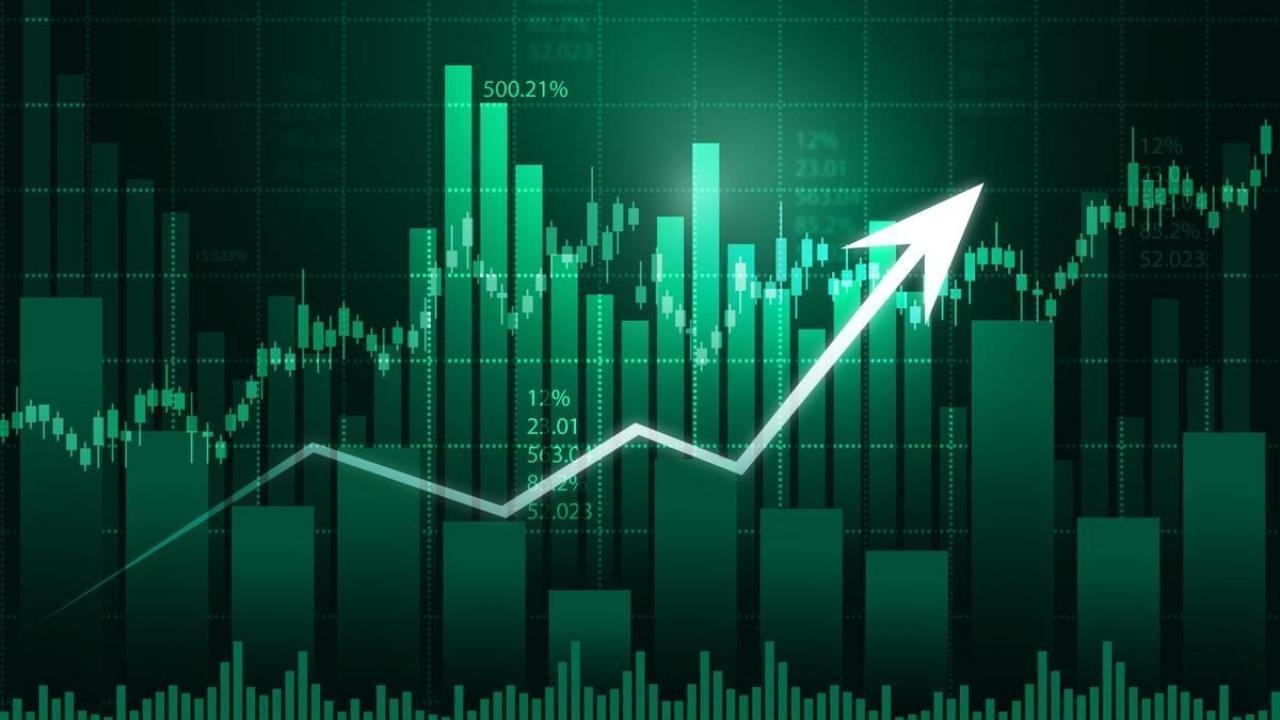You have not yet added any article to your bookmarks!

Join 10k+ people to get notified about new posts, news and tips.
Do not worry we don't spam!

Post by : Anis Farhan
Photo: Reuters
In mid-June, the longstanding shadow war between Israel and Iran erupted into open confrontation. It began when Israel launched airstrikes on Iranian nuclear and military sites, citing national security threats. Iran responded with a massive barrage of over 150 ballistic missiles and 100 drones, some hitting Israeli territory and U.S. bases in the region. The exchange lasted 12 intense days before a fragile ceasefire took effect around June 24, brokered by President Donald Trump and Qatar.
By the time the bullets stopped—or at least paused—the toll was heavy: nearly 1,000 Iranian military casualties, dozens wounded in Israel, and nuclear facilities reportedly set back only slightly, despite U.S. bombing claims . Trump even publicly warned both sides for violations, calling out “certain Israeli pilots” hours after agreeing to ceasefire terms..
But the effects weren’t limited to battlefield casualties—they ricocheted through global energy, finance, trade, and geopolitics. Here's how this conflict shook the world:
The initial fear centered on the Strait of Hormuz, a vital oil shipping chokepoint: just a 20% disruption there could have tanked global supply. Oil prices jumped nearly 8% in days, rising toward $78 per barrel. But once the ceasefire took hold, crude prices reversed sharply—Brent dropped about 6–7% to $66–67, as markets relievedly rewrote risk assessments.
Still, analysts caution the calm is precarious. Morgan Stanley warned that any new escalation—even in Hormuz—could send oil surging 75% year-over-year, derailing economic stability .
Stock markets reacted quickly. The S&P 500 closed near record highs, with the Nasdaq topping previous peaks and the Dow adding over 500 points in a single session . In Asia, indexes from Japan’s Nikkei to Hong Kong’s Hang Seng edged higher on renewed investor confidence.
Commodity markets mirrored the mood: oil prices dropped, gold cooled, and Treasury yields declined as inflationary fears eased. Still, volatility remains—markets are waiting for how long the ceasefire holds.
Geopolitical risk often boosts the U.S. dollar, but this time it trended lower. Global investors sought equity exposure, not shelter, putting pressure on the greenback. Traders also shifted focus to interest rates, with commentary from Fed Chair Jerome Powell reinforcing patience before any policy changes.
Meanwhile, Donald Trump used the ceasefire as leverage in trade negotiations—hinting it could give U.S. leverage over China’s oil imports and broader dealmaking.
Countries heavily reliant on oil imports—Europe, India, Japan—breathed easier as fuel costs eased. But the risk remains that renewed conflict or a Hormuz blockade would instantly reverse gains.
Global supply chains also found temporary stability. Unlike the Gaza war, this eruption hadn’t yet extended into Red Sea shipping, but analysts warn any future spread to Houthis or Lebanon could still disrupt shipping lanes.
Politically, the ceasefire changes the Middle East’s landscape. The U.S. reaffirmed its alliance with Israel, Iran’s nuclear setbacks continue to shape diplomacy, and Qatar’s role as mediator adds regional nuance .
So far, the ceasefire, while shaky, is persisting. Both countries have reported minor violations, but no full escalation. U.S. intelligence believes Iran’s nuclear setback is modest—a few months—not absolute destruction .
Markets are cautiously optimistic. Inflation fears have dimmed, but energy-dependent economies remain exposed. If stability holds, global growth might stay on track. If not, the reverse happens fast.
This 12-day Israel–Iran war rocked more than just the Middle East—it jolted oil markets, reshaped stock sentiment, and rippled through global geopolitics and currencies. For now, calm has returned. But as history shows, in geopolitics and economics alike, peace is not permanent. Watching whether this ceasefire holds—or fractures—will dictate whether the global stabilization seen this week endures.
This article is prepared for informational and editorial purposes under Newsible Asia. It does not constitute professional or investment advice. Data accurate as of June 25, 2025; geopolitical situations may evolve rapidly.










BCCI Central Contracts Shake-Up: Kohli, Rohit Moved to Grade B as Board Reshapes 2025–26 List
Virat Kohli and Rohit Sharma have been placed in Grade B in the BCCI’s 2025–26 central contract list

Dalal Street Spotlight: Top 10 Stocks Investors Are Watching as Markets Open on a High
Indian stock markets begin the week with strong momentum, and several blue-chip and mid-cap stocks a

Market Movers Today: Key Stocks Set To Watch In Indian Markets
Indian equity markets are poised for active trading as several major companies, including Bharti Air

Milan Welcomes the World: Inside the Grand Opening Ceremony of the 2026 Winter Olympics
The 2026 Winter Olympics opening ceremony in Milan marked a defining moment for global sport, blendi

Unfolding Market Drama: Sensex & Nifty Trade Volatility Amid Budget Fallout and India-US Trade Breakthrough
Indian equity markets exhibited high volatility this week as the 2026 Union Budget triggered sharp s

Dhurandhar 2 Teaser Countdown Ignites Fan Frenzy: All You Need to Know
The highly anticipated sequel to the blockbuster Dhurandhar is building intense excitement as the Dh